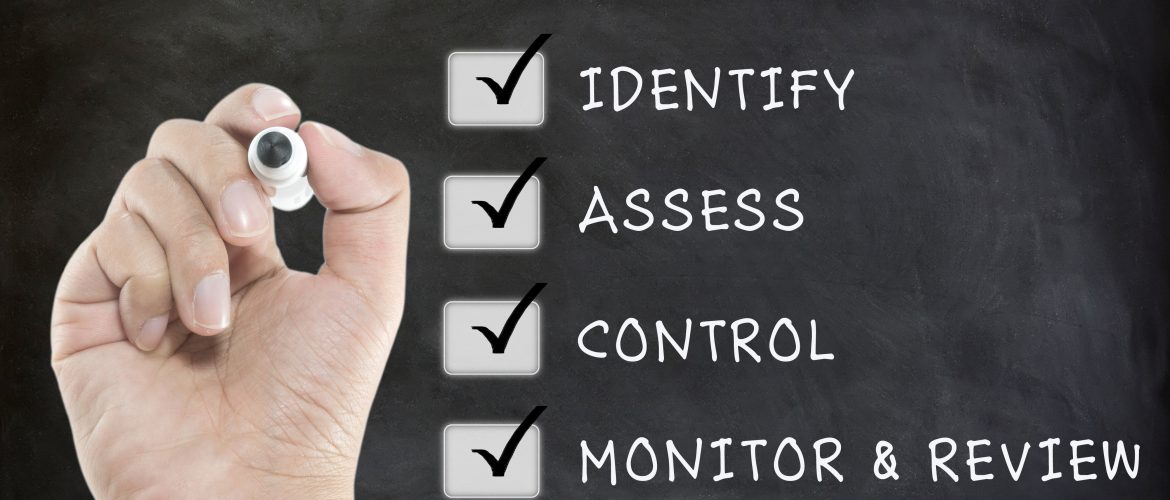Jeannine LeCompte, Publishing and Research Coordinator
The Office of Inspector General’s (OIG) Seven Basic Compliance Elements calls for the “creation and maintenance of an effective line of communication between the compliance officer and all employees, including a process, such as a hotline or other reporting system, to receive complaints, and the adoption of procedures to protect the anonymity of complainants and to protect whistleblowers from retaliation.”
In practical terms, this means not only having an open and clear path for communication between staff and management, but also to provide for anonymous, retaliation-free transmission of information pertaining to any type of illegal or improper activity affecting any of the facility’s operations.
This hotline number should be readily available to all employees, independent contractors, residents, and family members. This can be done by circulating the number through leaflets and posters, including it in employee handbooks, and posting it prominently in all staff-used areas, such as lounges, on bulletin boards, etc.
These advisory notices should also state that all reports made on the hotline can be made anonymously. In addition, it should be made clear that significant violations of compliance policies or federal healthcare program statutes will be documented and investigated promptly to determine their veracity.
In this regard, the compliance officer should ensure that a full log of all calls made and follow-up (investigations and results), is kept and is available for inspection by the authorities. All such information, redacted of individual identifiers, should be included in reports sent to the governing body, the CEO, and, of course, the compliance and ethics committee.
While it should be stressed that a guarantee of anonymity is a primary protection for anybody making a report, it should also be made clear that there may be circumstances where this anonymity may be lifted. Such circumstances can include the severity of claims, the extent of the legal ramifications of a resulting investigation, etc. The principle of non-retaliation must also be stressed.
Finally, it is worth noting that it is incorrect to presume that every facility must have its own hotline. The OIG has recognized that this may not be possible for financial or organizational reasons, and allows for the creation of other methods of hotline implementation, such as outsourcing, a single national hotline number, or, even in special cases, the substitution of hotlines with written methods of confidential information exchange.





















